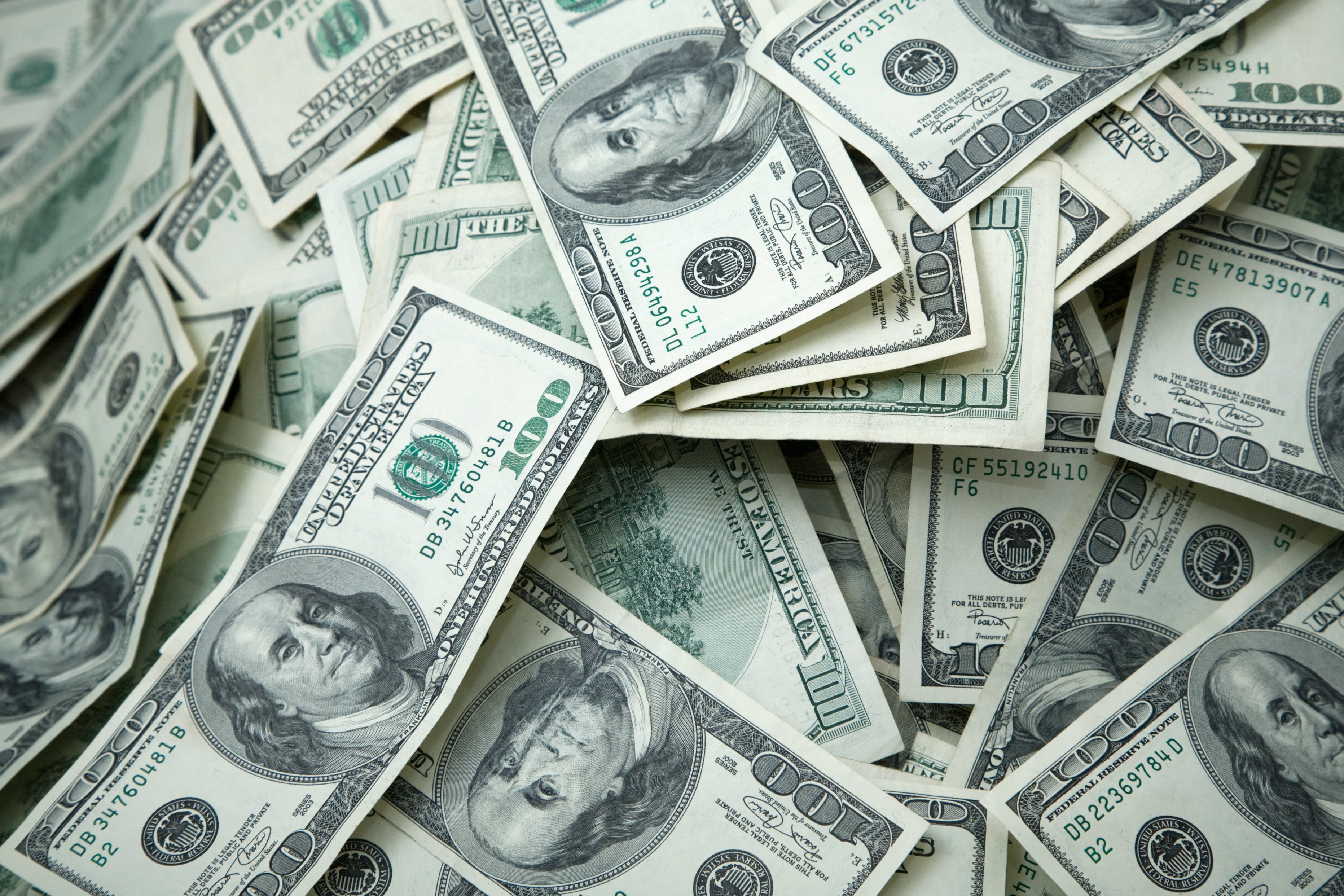Apple Inc.'s (AAPL 0.47%) last stock split was a 7-for-1 slice that occurred two and a half years ago. At present, the share price of the world's most valuable company ($112.12, at Thursday's close) is higher than roughly three-quarters of the stocks in the S&P 500. When will the next Apple stock split come? Below, I'll try to answer that question by answering three other questions first. But, more important, I hope to convince you that any time spent wondering about a possible stock split would be better spent focused on the business itself.
The history of Apple stock splits
Apple has split its stock four times since the company went public:
|
Apple Stock Split Date |
Split Ratio |
Pre-Split Price |
|---|---|---|
|
June 9, 2014 |
7-for-1 |
$645.57 |
|
Feb. 28, 2005 |
2-for-1 |
$88.99 |
|
Jun. 21, 2000 |
2-for-1 |
$101.25 |
|
Jun. 16, 1987 |
2-for-1 |
$78.50 |
Data sources: Apple, Yahoo! Finance.
Why does Apple split its stock?
There is only one legitimate reason to split a stock and it is the one Apple CEO Tim Cook invoked in April 2014, prior to the most recent split: "We're taking this action to make Apple stock more accessible to a larger number of investors." Specifically, Mr. Cook was referring to individual investors -- institutional investors, which manage vastly larger pools of money, aren't concerned whether a stock trades at $90 or $630.
How does a stock split affect Apple shares' intrinsic value?
Answer: It doesn't -- not in any way, shape or form. Here's why.
If you're a fundamental investor, you understand that the purchase of a stock represents the purchase of a fractional ownership interest in the underlying business. (This is one of the core principles of value investing.)
As such, it should be transparent that a stock split has no impact on the shares' intrinsic value. Sub-dividing the current unit of ownership -- one share -- into several new shares changes nothing about the business and its prospects, nor, conversely, its risk. It's the proverbial pizza: Whether you cut your pie into four or eight slices does not change the total amount of pizza.

Image source: Apple.
How does a stock split affect share prices?
Typically, the announcement of a stock split will impact the stock price as price-driven speculators try to eke out a return by trading on the news. Fundamental investors (or just "investors," as I like to call them) can and should ignore this game: The price impact traders expect to capture is temporary and immaterial with regard to the long-term returns investors expect to earn.
Okay, so when will Apple next split its stock?
If we were to judge solely on Apple's first three stock splits, we could conclude that the next split might not be that far off. Thursday's closing price of $112.12 is in ballpark of the Apple's stock price just prior to those splits.
However, the most recent split, which occurred in June 2014 with Apple trading at nearly $650, suggests that the company is now willing to entertain a significantly higher stock price than in the past. That shift in attitude is consistent with today's higher comfort level among companies in the S&P 500 with three- or even four-digit stock prices. (Prominent examples include Google parent Alphabet and Amazon.com, which closed at $776.42 (C shares) and $767.33, respectively, on Thursday.)
Let's assume the stock needs to reach at least $500 before the company decides to split it. (The average closing price over the three months prior to the last split announcement was $530.) Let's further assume -- generously, given the size of the company and the fact that it pays a dividend -- that the stock will rise at an average annualized rate of 16% over coming years. Under that scenario, it would take roughly 10.5 years until the next split. Reducing our return assumption to 12%, extends the wait to nearly 14 years.
Personally, I'll be surprised if the next split occurs any sooner than fifteen years from now. However, I hope I have convinced you that the prospect of a stock split isn't in itself something investors ought to devote any attention to. In fact, the only way in which it is notable is the relationship to the progression of the stock price -- but the dependency only goes one way. In other words, the stock split depends on price appreciation, but durable price appreciation -- which is what matters -- is not influenced by stock splits.






